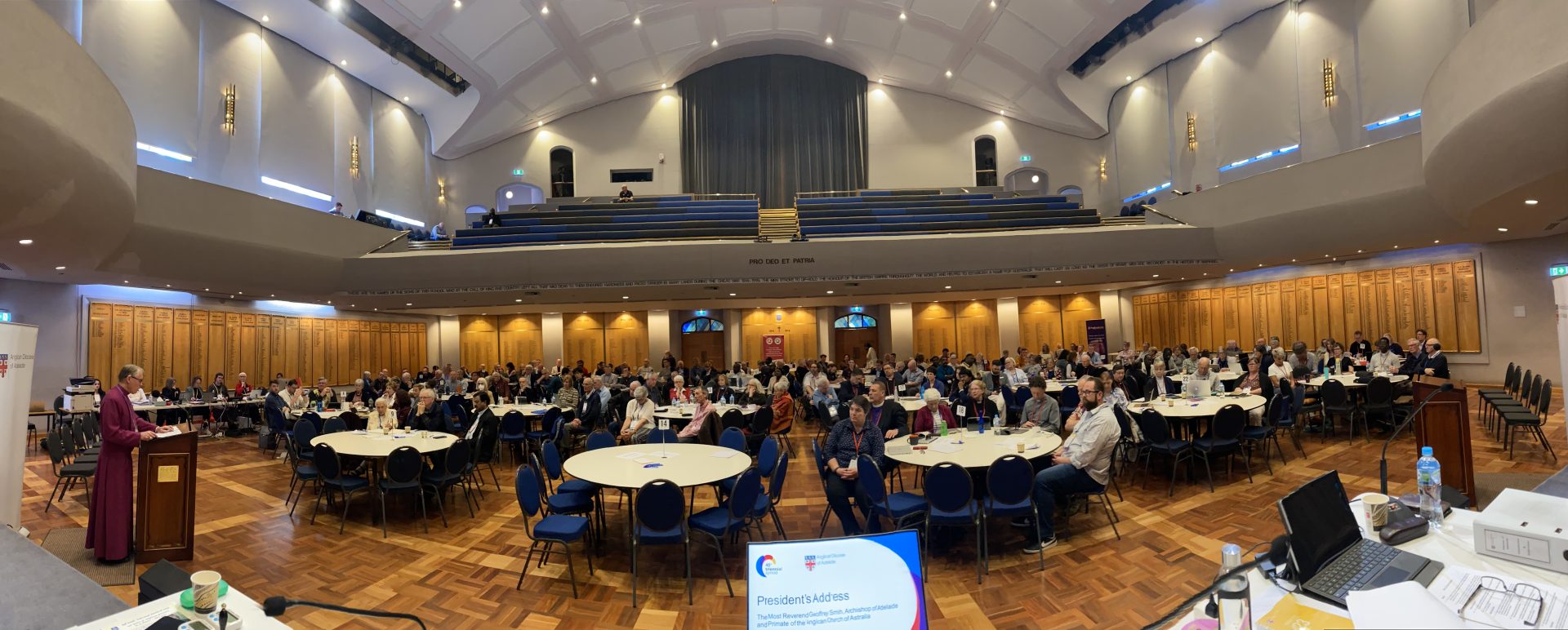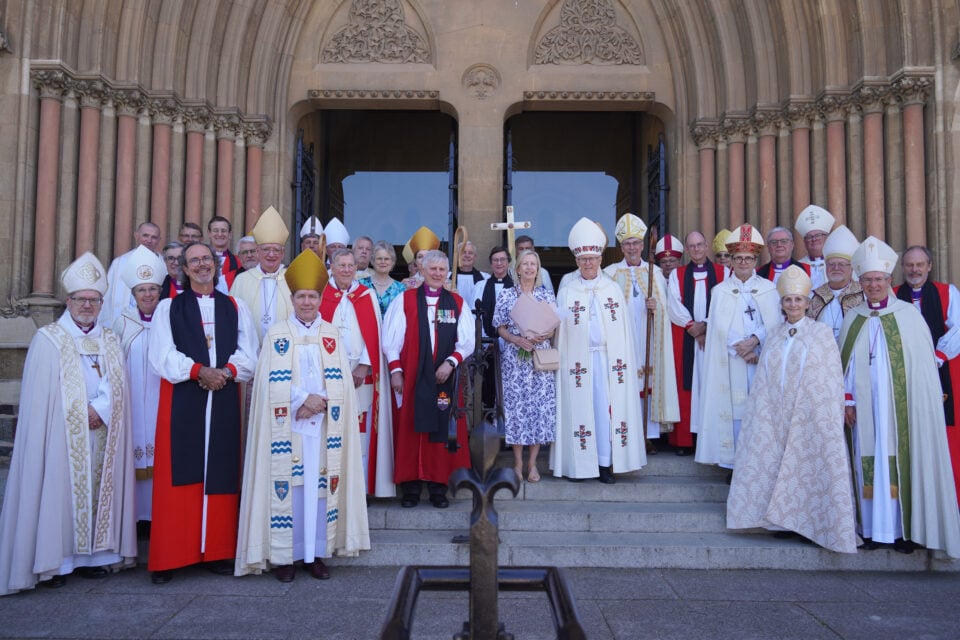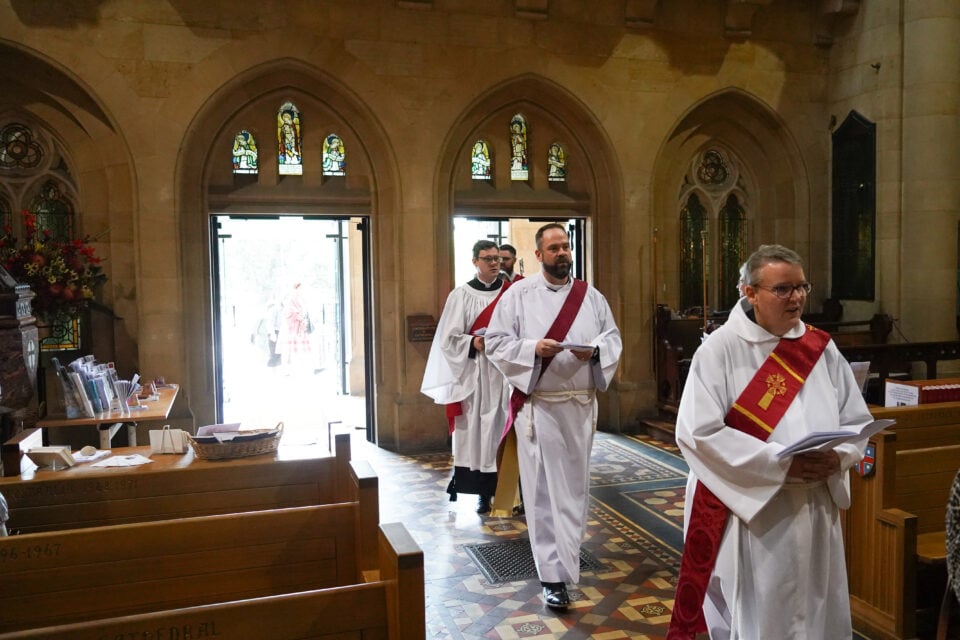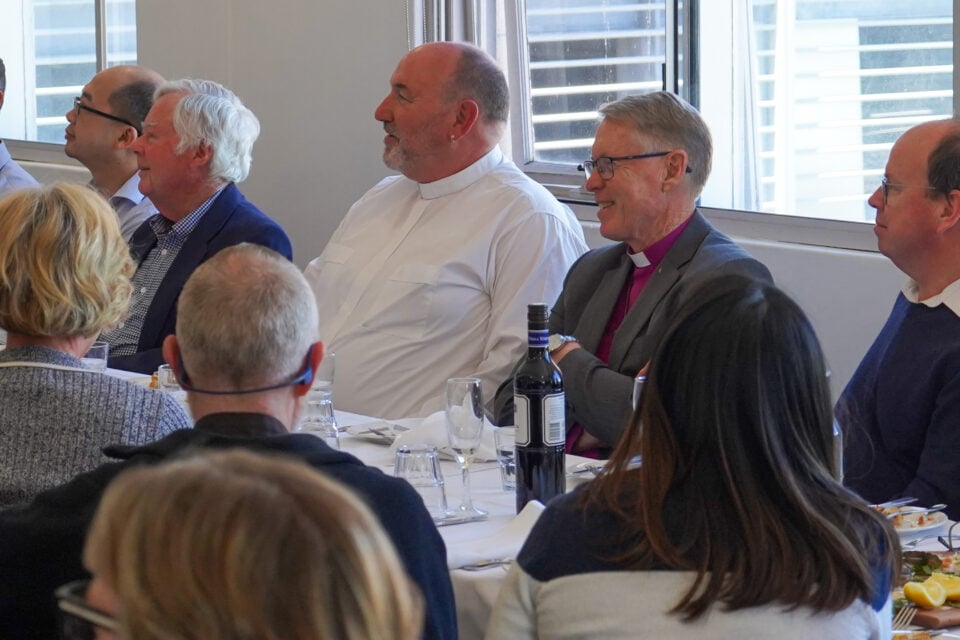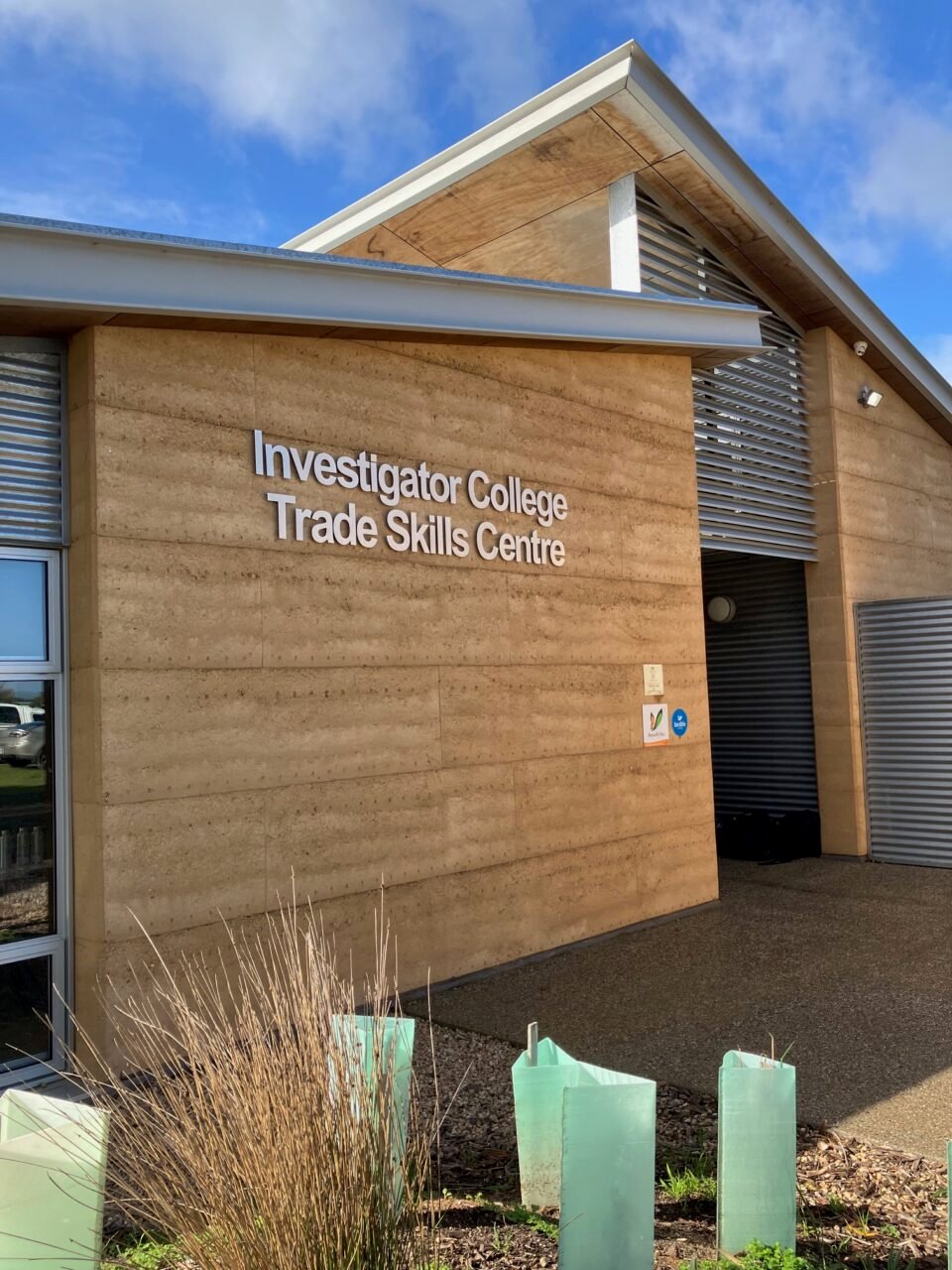What now for reconciliation with Aboriginal and Torres Strait Islander people in the wake of the referendum to enshrine a voice to Parliament in the constitution?, Archbishop of Adelaide and Primate of Australia Geoff Smith asks in his address to the Adelaide Synod.
“Over the past two weeks we have seen political leaders both state and federal, quickly walking away from commitments they made prior to the referendum to pursue constitutional recognition for the first people of this nation in different ways if the referendum was lost, or introduce voices or treaties on a state basis,” Archbishop Smith notes.
The Adelaide synod in 2022 passed a resolution backing a Yes vote in the referendum. It also acknowledged the Uluru Statement, which encourages all Australians to walk alongside First Nations peoples in a movement for a better future.
Archbishop Smith praised the South Australian Government for not walking back its vow to establish a legislated stet Voice.
But that still left future directions in doubt.
“So, what now? I have to say I am still struggling with this,” he said.
The archbishop said reconciliation is a Christian obligation.
“It is clear that the first peoples of this country have something against the nation. That’s clear. That’s why a Voice was proposed along with treaty and truth telling as part of a process of reconciliation,” he said.
He b believes the first people of this country deserve recognition and said: “This is not about division, this is about respect.”
He noted that the Anglican church of Australia already has a Voice to the church – NATSIAC, the National Aboriginal and Torres Strait Islander Anglican Commission.
“As we pursue reconciliation, we need to hear NATSIAC and take seriously what they say,” Archbishop Smith said.
“I suspect we will not find that easy. We will not find it easy to listen, and we will not find what they say easy to hear. But if we are to take Jesus words seriously that’s what we need to do.”
Archbishop Smith said we need to hold political leaders to account for their acknowledgement of disadvantage in many Indigenous communities and to demand action that makes a difference.
“We have seen how quickly politicians have run away from commitments made prior to the referendum, but the situation of many indigenous people of this land is completely unacceptable. That has to change. The words need to produce actions.”
